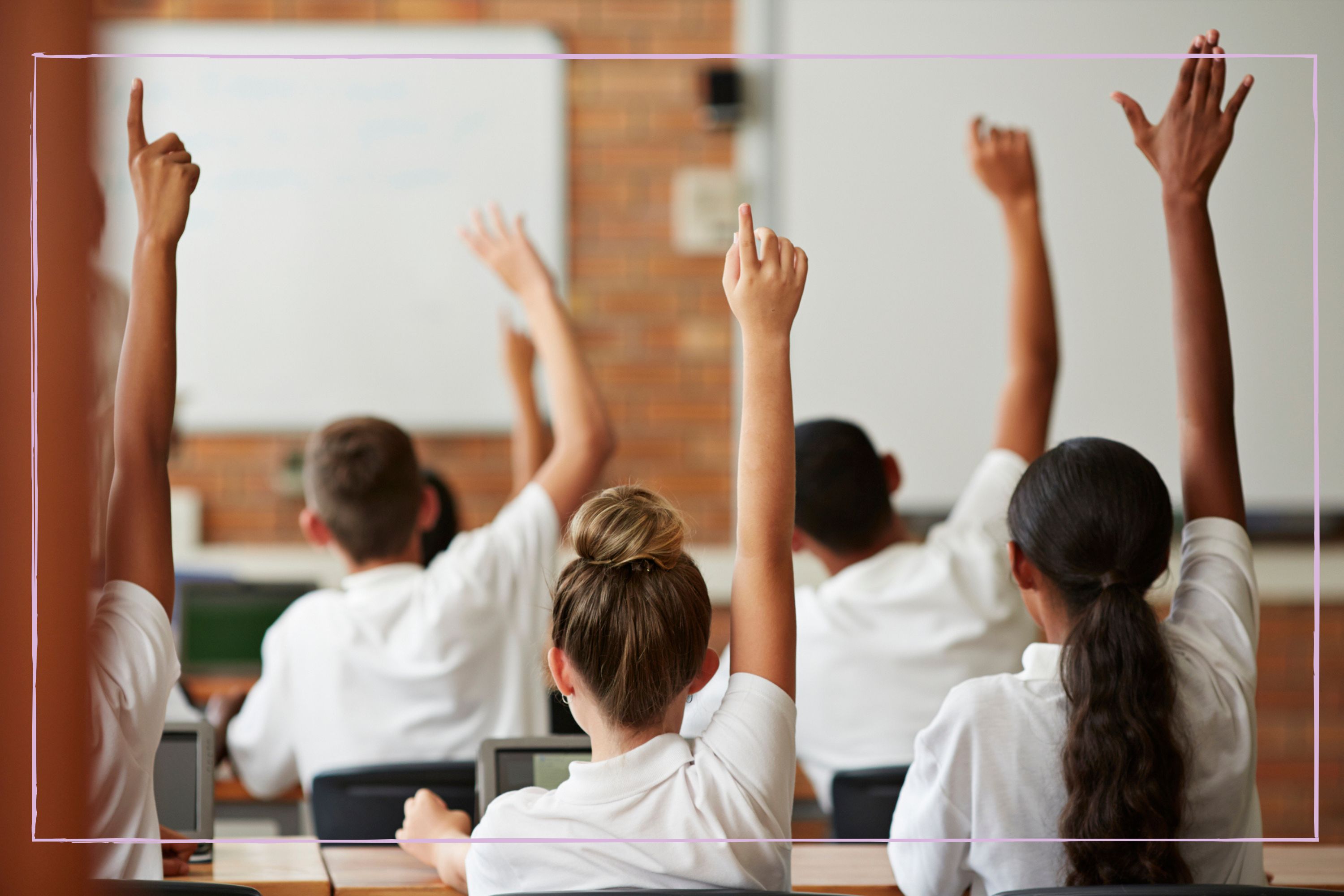Plans to teach children how to spot ‘disinformation, fake news and putrid conspiracy theories’ in schools unveiled
The news comes in the aftermath of social media posts that sparked riots in the UK


In a bid to tackle how children interpret what they see online and how they spot fake news, the government has announced plans for this to be part of the curriculum and taught in schools.
If you've been left wondering how to talk to kids about riots amid events of the last few weeks, you might also want to know how schools are going to tackle everything children could've seen or heard about what sparked them when they return in September. With the rise of children accessing social media accounts and how rapidly they'll come across unsafe and illegal content, a joint effort between school and home to keep them safe appears urgent.
Parents will therefore be relieved to find out how the government will tackle this head on, with the announcement of plans for children attending schools in England to be taught how to spot extremist content and fake news online. Education Secretary Bridget Phillipson has announced a review of the curriculum in both primary and secondary schools to "Embed critical thinking across multiple subjects and arm children against putrid conspiracy theories."
According to ITV, this could involve pupils analysing newspaper articles to differentiate between fabricated content and the reporting of facts. Similarly, IT lessons are thought to be introducing teaching kids how to spot fake news sites, while maths lessons could now include analysing statistics in relation to news events.
Online misinformation spread on social media has been blamed for sparking the UK riots. The misreported background and religion of the suspect accused of carrying out the tragic Southport stabbings on July 29 was latched onto by the far right, and used as an excuse for the ensuing chaos up and down the country.
"Our curriculum review will develop plans to embed critical skills in lessons to arm our children against the disinformation, fake news and putrid conspiracy theories awash on social media."
Bridget Phillipson, Education Secretary
The regulation of social media has come under scrutiny due to the nature of how quickly misinformation was shared an taken as fact. The Online Safety Act has been introduced to tackle this, and although now law in the UK, it's yet to come fully into effect.
Speaking to the The Telegraph about her plans to overhaul the school curriculum to reflect social media critical thinking in children, Bridget Phillipson said "It’s more important than ever that we give young people the knowledge and skills to be able to challenge what they see online."
Parenting advice, hot topics, best buys and family finance tips delivered straight to your inbox.
She adds "That’s why our curriculum review will develop plans to embed critical skills in lessons to arm our children against the disinformation, fake news and putrid conspiracy theories awash on social media. Our renewed curriculum will always put high and rising standards in core subjects – that’s non-negotiable.
"But alongside this we will create a broad, knowledge-rich curriculum that widens access to cultural subjects and gives pupils the knowledge and skills they need to thrive at work and throughout life."
For more on how to keep kids safe online, we look at how to protect your child's privacy online, and why you should talk to your kids about sadfishing.

Lucy is a mum-of-two, multi-award nominated writer and blogger with six years’ of experience writing about parenting, family life, and TV. Lucy has contributed content to PopSugar and moms.com. In the last three years, she has transformed her passion for streaming countless hours of television into specialising in entertainment writing. There is now nothing she loves more than watching the best shows on television and sharing why you - and your kids - should watch them.